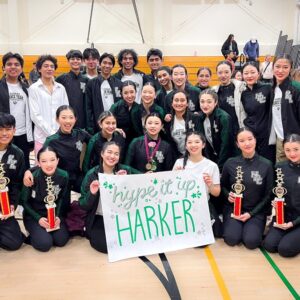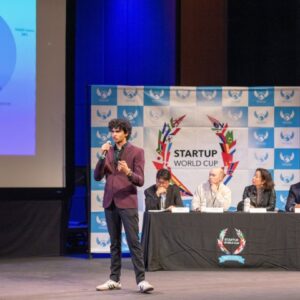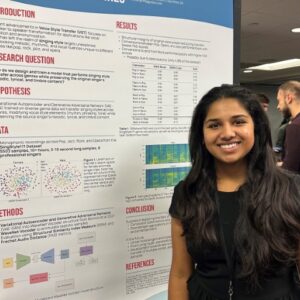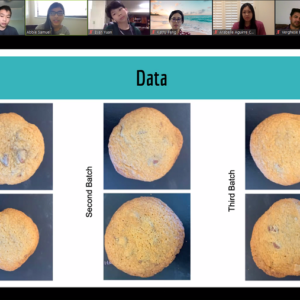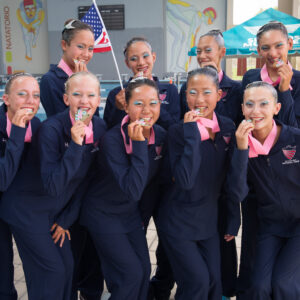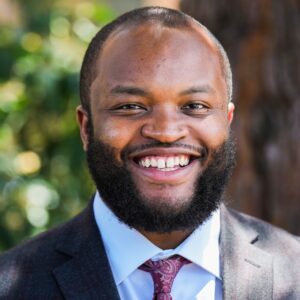This article was originally published in the summer 2013 Harker Quarterly.
This past spring, upper school chemistry instructor Rachel Freed headed off to the annual National Association of Research in Science Teaching conference in Puerto Rico. She was invited to attend the conference with a group from Sonoma State University with whom she had previously worked as a research technician.
Freed and her research team presented a paper detailing their findings on student learning and understanding in chemistry, with a focus on misconceptions. She served as project manager of the study, which was sponsored by FACET Innovations, a Seattle-based educational research and development company dedicated to the improvement of learning and teaching in science from elementary through graduate school – what educators call K-20.
“We designed an online formative assessment system (available free at Diagnoser.com) which gives teachers all of the necessary components to integrate formative assessment into their chemistry curricula. A key aspect is the sets of ’diagnose questions,’ with very specific information on exactly what misconceptions their students have within a given topic,” she explained.
In addition to participating in the research, design and creation of the online system, in the summer of 2011 Freed helped train six pilot teachers on formative assessment and the implementation of the system. She then followed them throughout the year, conducting classroom visits and weekly teleconferences to help them use the program and obtain feedback. The project was done in collaboration with researchers at SRI (Stanford Research International) in Menlo Park and FACET Innovations.
“While I was there I met a handful of colleagues with whom I have established relationships for future collaborations. One in particular shared ideas with me on how to teach oxidation-reduction reactions and the research she is doing with her college students. I have already used some of these ideas with my classes here at Harker, and I hope to contribute to her data in the future from my own classroom experiences,” said Freed.



